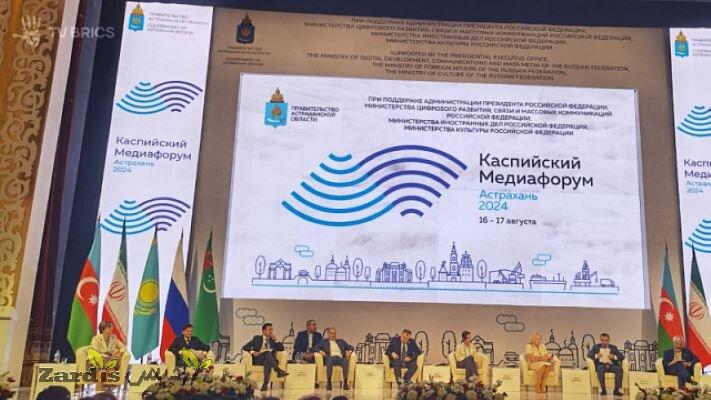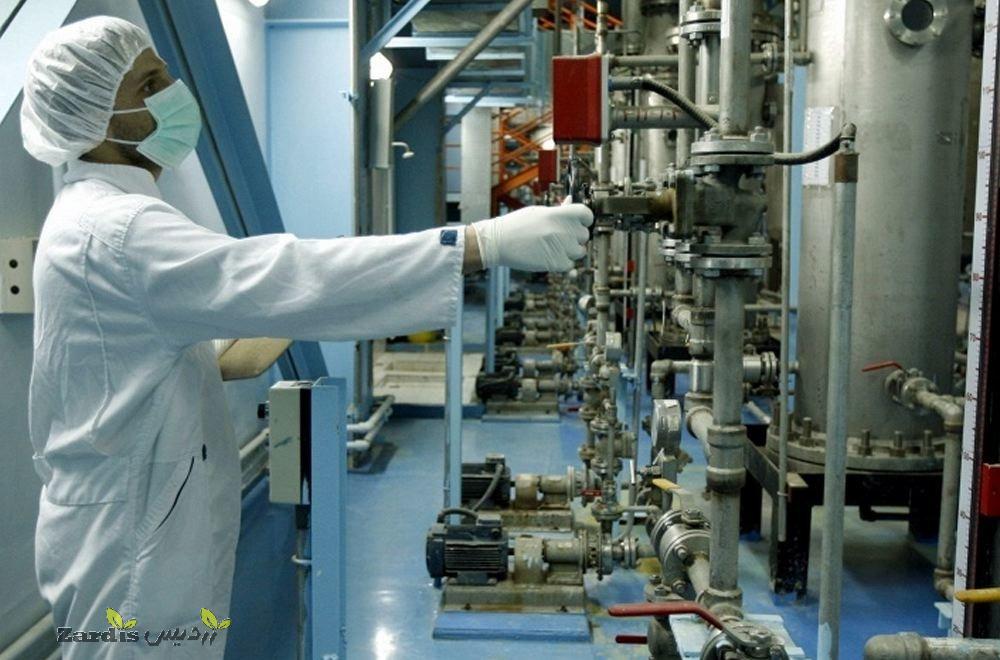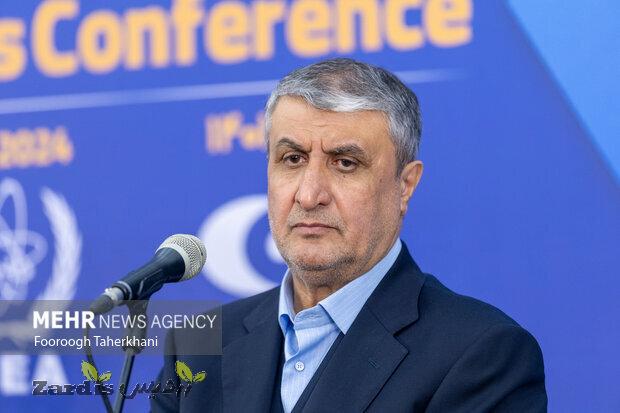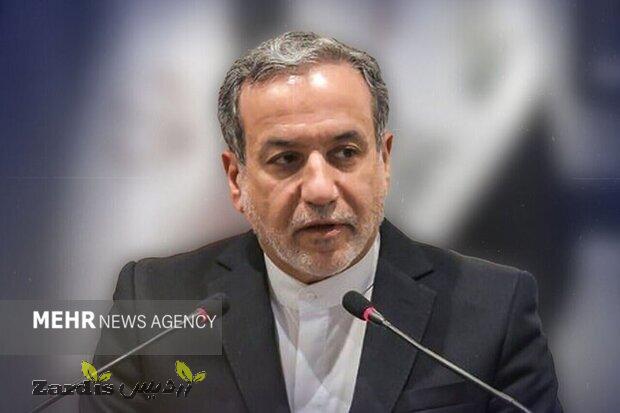More than 100 statesmen, journalists, and representatives of the expert community from different countries discussed how cooperation in the field of culture can contribute to the development of the Caspian region.
Over the years, the forum has evolved from a platform for cooperation between regional journalists to a major international event. This was stated by Pavel Pautov, Head of Administration of the Governor of the Astrakhan Region.
“Last year, the central theme was the sphere of tourism; now it is culture. We attract the journalistic community to discuss specific issues of the region’s development. We hold this event in order to create a common agenda for the dialogue among the five Caspian countries,” he said.
Mikhail Petrakov, Ambassador-at-Large of the Russian Foreign Ministry and Head of the Russian delegation to the Multilateral Negotiations, believes that mechanisms of intercultural dialogue are indispensable in international relations.
“These tools allow us to understand the interests of our partners and treat them with respect. Accordingly, if we have established intercultural dialogue, mutual understanding, and trust, we will aim for success in all other spheres,” the diplomat noted.
In an exclusive commentary for TV BRICS, Lana Ravandi-Fadai, an Iran specialist at the Institute of Oriental Studies of the Russian Academy of Sciences, stressed that effective interstate ties are impossible without cultural dialogue.
“One can build diplomatic relations for centuries, but at the same time not know the mentality and culture of partners. When relations between different countries develop, such ignorance often pushes the parties away from each other,” the expert explained.
Iran’s Ambassador to Russia, Kazem Jalali, spoke at the plenary session “The Dialogue of Cultures as the Basis for the Caspian Development”.
“For us, the Caspian Sea is a space of friendship and peace. Good-neighbourly relations should be based on the cultures of ancient civilisations. Thus, the role of cultural figures and media plays a key role, so this forum is of great importance,” the ambassador said.
In addition, the Iranian consulate general in Astrakhan emphasised the role of the Caspian region in Tehran’s foreign policy.
“Iran’s Foreign Ministry has a department for the development of the Caspian region. This explains our interest in the media forum, in which our delegation takes part every year,” the diplomat said.
Media interaction between the countries was also one of the key topics of the forum. This issue was discussed at the thematic sessions devoted to the role of media and information technologies. The parties proposed to create an international media platform, “Caspian Today,” which will broadcast in Azerbaijani, Kazakh, Russian, Turkmen, and Farsi, the official languages of the Caspian region countries, as well as in English. Pavel Pautov, Head of the Administration of the Governor of Astrakhan Region, suggested that the headquarters of the new media centre should be located in the capital of the region.
“At the heart of strong relations between the countries is the interaction between the media. If the media establish constructive cooperation with each other, all other spheres, be it culture or economy, will develop effectively,” Zaman Rezakhani, Director for International Relations at Iran’s IRNA news agency, told TV BRICS in an exclusive commentary.
The Caspian Media Forum has been organised since 2014. In addition to the main events, plenary sessions, and discussion sessions, the programme of this ninth forum also included a master class for investigative journalists and awarding the winners of the Caspian Without Borders contest.
The Media Forum was held with the support of the Government of the Astrakhan region, the Administration of the President of Russia, the Ministry of Foreign Affairs of the Russian Federation, the Ministry of Culture of the Russian Federation, the Ministry of Digital Development, Communications, and Mass Communications of the Russian Federation, the Interstate Fund for Humanitarian Cooperation of the CIS countries, the Caspian-Eurasia Centre for International and Socio-Political Studies, and the North-South Political Science Centre.
Source: TV BRICS
- زردیس Zardis
- News code 55113
- 105 View
- بدون نظر
Zardis news | The latest news of Iran and the world
تمامی حقوق مطالب برای Zardis news محفوظ است و هرگونه کپی برداری بدون ذکر منبع ممنوع می باشد.
طبق ماده 12 فصل سوم قانون جرائم رایانه ای کپی برداری از قالب و محتوا پیگرد قانونی خواهد داشت.
طراحی و اجرا: سامانه سایت ساز زردیس







